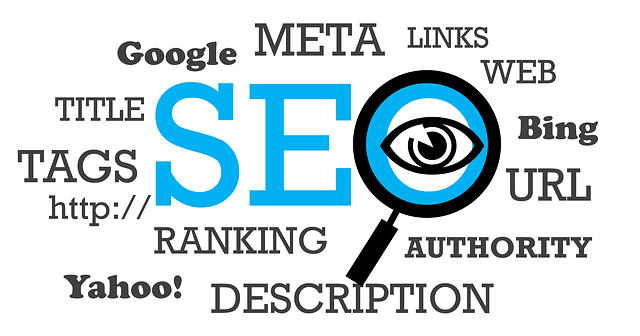
SEO Mistakes Small Businesses Must Avoid
July 30, 2018
Local SEO Ranking – Is It Affected by Google Reviews?
August 31, 2018When we talk about SEO, what immediately comes to mind are search engine rankings and the different strategies to propel a website at the top of search engine results pages (SERPs). Some strategies involve having high quality backlinks, good content and improving site speed, amongst others.
Years ago, some practices were labelled as black hat SEO tactics. These are aggressive tactics that target the search engine algorithm to improve site ranking. Updates to the Google algorithm have made these tactics unacceptable and sites that used them moved down in rank.
Since these black hat tactics can negatively affect a site’s rankings, some people use it to sabotage their competitors’ websites. This is called Negative SEO.
What Is Negative SEO?
Negative SEO is the usage of any tactic to harm the ranking of a targeted website. Some of these tactics include setting up thousands of spammy links, copying content and reposting them in multiple sites, creating fake profiles to damage reputation, etc.
Any website can be a victim of negative SEO, especially if the site has several competitors. Whatever industry you may be in (but more so if it’s a competitive one), you should protect and defend your website from negative SEO. Failure to do so won’t just mean a drop in rankings but also lost traffic and even reputational damage. All these can lead to huge financial losses for your company.
Negative SEO Attacks – How to Check and Counteract
1. Work with SEO Specialists
Determining if you’ve been hit by a negative SEO campaign can be quite challenging, especially if you do not have the technical know-how. Furthermore, this endeavour can be time-consuming and taxing. This is why, when it comes to serious matters like this, seeking the help of SEO professionals is highly recommended.
These professionals possess the knowledge, tools and experience necessary to verify a negative campaign against your website. SEO specialists also have the capabilities to counteract any negative SEO campaign and protect your site from future attacks. With trusted professionals at the helm, you can rest assured that years of SEO efforts won’t be lost. Moreover, you can focus on other core projects for your company.
2. Monitor Your Backlinks
The most common way of attack is by creating low quality links to your website. This makes it very important for you to know when new links are being made to your website.
Tools are available online for you to do this. When choosing one, make sure that it has the capability to give you real time information about your backlinks and give you updates on new links created.
3. Protect the Best Backlinks
Do not just focus on monitoring low quality links to your website. Your best backlinks can also become the target of unscrupulous individuals trying to sabotage your site. Hence, you should also work towards protecting the best ones that you have.
Keep the contact details of the webmasters of your best links. As soon as you see your best backlinks removed, immediately contact the webmaster and verify why this happened. Make sure that you communicate with them using your company email address and not a generic Gmail or Yahoo email address.
4. Check Online for Any Duplicate Content
Another common strategy that can be done to attack your site is by copying your content and posting them on other websites. This can hurt your SEO efforts since the search engine would find it difficult to recognise the original copy. In effect, it’s possible that the duplicate content would get indexed instead of the original on your site. In addition, your site could get penalised for posting a “duplicate copy”!
There are online tools that you can use to check for duplicate copies of your site’s content. Once you find sites that posted your material, you can attempt to get in touch with the owners to request that they take it down. However, this usually has a low probability of success. Your last resort is to file a DMCA (Digital Millennium Copyright Act) complaint through Google. The only caveat is that this is a lengthy process which would need a lot of information from you to prove that your site has the original content.
5. Keep an Eye on Your Social Media Mentions
Another thing that you should monitor is your online reputation and mentions. Others may attempt to set up fake accounts of your business or company on social media. With this, they can falsely represent your company and make disparaging remarks or posts which can hurt your reputation.
You can report these fake accounts for them to be removed before they can do serious harm to your business. There are also online tools available that enable you to track your mentions online.
For more tips on protecting your website from negative SEO, call us at 089 466 2000 or 01 960 9023 or visit our website today!




